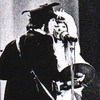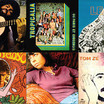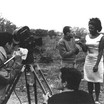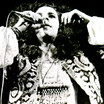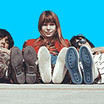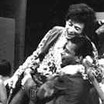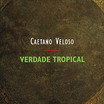Ruídos pulsativos
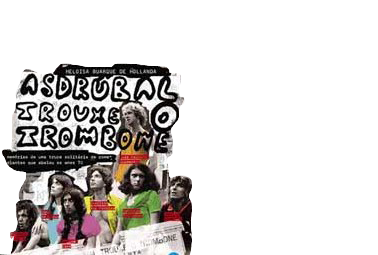
Marginália
After an intense period of production – and persecution – during the 1960s, Brazilian theater started the new decade with a gloomy perspective. With the military censorship, theater companies such as Opinião, Arena and Oficina, which had been fundamental to the expansion of Brazilian theatrical frontiers, were all nearly, or totally broken up, with plays which had been banned, or with no finances for new projects. Whether it was the politically-engaged theater of Oduvaldo Vianna Filho (known as Vianinha), Paulo Pontes, Gianfrancesco Guarnieri and Augusto Boal, or the radical and experimental theatre of José Celso Martinez Corrêa, all the protagonists were having to find new career options, which ranged from working for television to self-exile in other parts of the world.
In this scenario, a new generation of directors, actors and dramatists sprang up, determined to occupy, with new references and ideas, the space which bore the impact of plays such as “O Rei da Vela” (The Candle King) (1967) and “Roda Viva” (1968). These two plays, of strong visual appeal and bold content for the period, both enjoyed public prestige but suffered repression from the censors. Their radical esthetics and their treatment of violence brought direct affinities with the marginal ethos in Brazilian culture. By the beginning of the 70s, the influence of groups such as the US’s Living Theater was being felt, together with a string of questions related to counterculture, to communal living, to questioning the value of the spoken word as the center of theatrical activity and putting increased emphasis on the role of the body and ecstasy as scenic elements: all these were becoming part of the thinking behind the plays being put on.
José Celso’s Oficina group is still the best example of the transition from a theater tied to the writer’s text to a theater of collective creation and communal practice. The play “Gracias Señor” (Thank you, Lord) from 1971, was created collectively by the Oficina actors and performed in non-traditional venues in various Brazilian cities. At the beginning of the decade, the counterculture stance of Oficina and the work and declarations of Julien Beck and his Living Theater company, which was on tour in Brazil in 1970, were the two poles inspiring Brazilian experimental theater at that moment.
Other authors and theater companies kept alive the relationship between theater and the counterculture throughout the 1970s. Writers such as the Paulistas Antônio Bivar, with his plays “Alzira Power” (1970) and “Longe daqui, aqui mesmo” (“Far from here, right here”) (1971) and José Vicente, the author of a great success of the time “Hoje é dia de rock” (“Today is a day of rock”) (1971), are the main representatives of a new Brazilian drama scene. Together with other playwrights of this period, such as Leilah Assumpção and Isabel Câmara, these new authors embodied many of the principles of counterculture and marginália in their work.
Besides these new authors, another example of the alternative posture, as against traditional theatrical forms, were the groups of actors whose companies worked almost communally, creating their productions together on very small budgets. The most famous of these was the Rio group Asdrúbal Trouxe o Trombone (Asdrúbal brought the Trombone), with director Hamilton Vaz Pereira and a group of actors who included Regina Casé, Evandro Mesquita, Patrícia Travassos, Niná de Pádua and Luiz Fernando Guimarães. Their staging of the plays “Inspetor Geral” (“General Inspector”), by Gogol (1974), and “Trate-me Leão”, written by the group itself (1977), were landmarks in the renewal of theater in Brazil.






